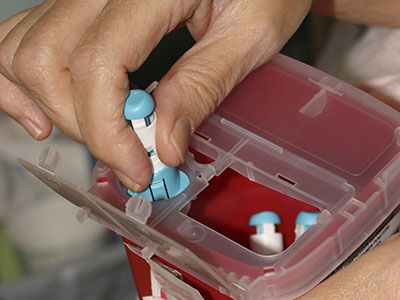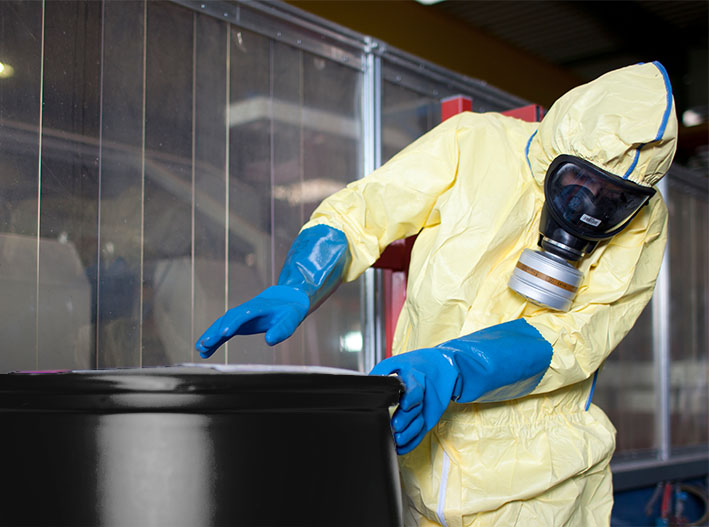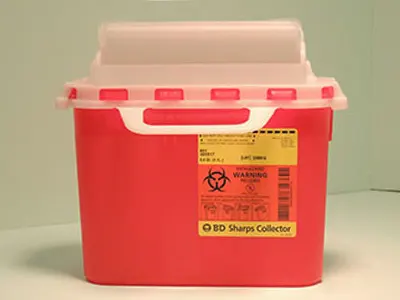Medical Waste Disposal in NH
Medical Waste Disposal in NH
Serving New England since 1997, BioServ knows NH medical waste regulations inside and out. To keep you in compliance with these regulations, we can provide a cost-effective medical waste disposal and management program for any New Hampshire practice or facility, large or small. Not only do we offer great value and exceptional service, but we ensure complete environmental compliance for all of your medical, pharmaceutical, chemical or electronic waste.

New Hampshire
Covered by our Prospect, CT Branch
10 Gramar AvenueProspect, CT 06712
Phone: 800.378.8824
New Hampshire Medical Waste Regulations
In New Hampshire, medical waste is defined as any waste that, because of its infectious nature, may cause or significantly contribute to an increase in mortality or serious irreversible illness or pose a substantial hazard to human health/the environment when improperly managed.
Medical waste is regulated as a solid waste under New Hampshire RSA Chapter 149-M and the New Hampshire Solid Waste Rules (ref. Part Env-Sw 904), with special treatment and disposal standards.

Other NH Medical Waste Regulations
- Infectious Waste Definition Infectious waste includes cultures and stocks of infectious agents, pathological wastes, waste human blood and blood products, sharps used in patient and animal care, laboratory wastes, and dialysis waste.
- Infectious Waste Storage Infectious waste must be stored in a pre-designated location, in labeled containers separate from other waste. It must be kept in a locked area with restricted access, with refrigeration if necessary, and must be protected from water, precipitation, wind, and animals.
- Infectious Waste Disposal If the infectious waste has been treated to meet the disinfection standards of Env-Sw 904.03, it can be disposed in a permitted landfill, as long as the facility is notified prior to the disposal. Shredding or otherwise rendering the waste unrecognizable is NOT required. Liquid infectious waste may be disposed via a sanitary sewer, subject to local approval, only if the receiving wastewater treatment facility includes secondary treatment








